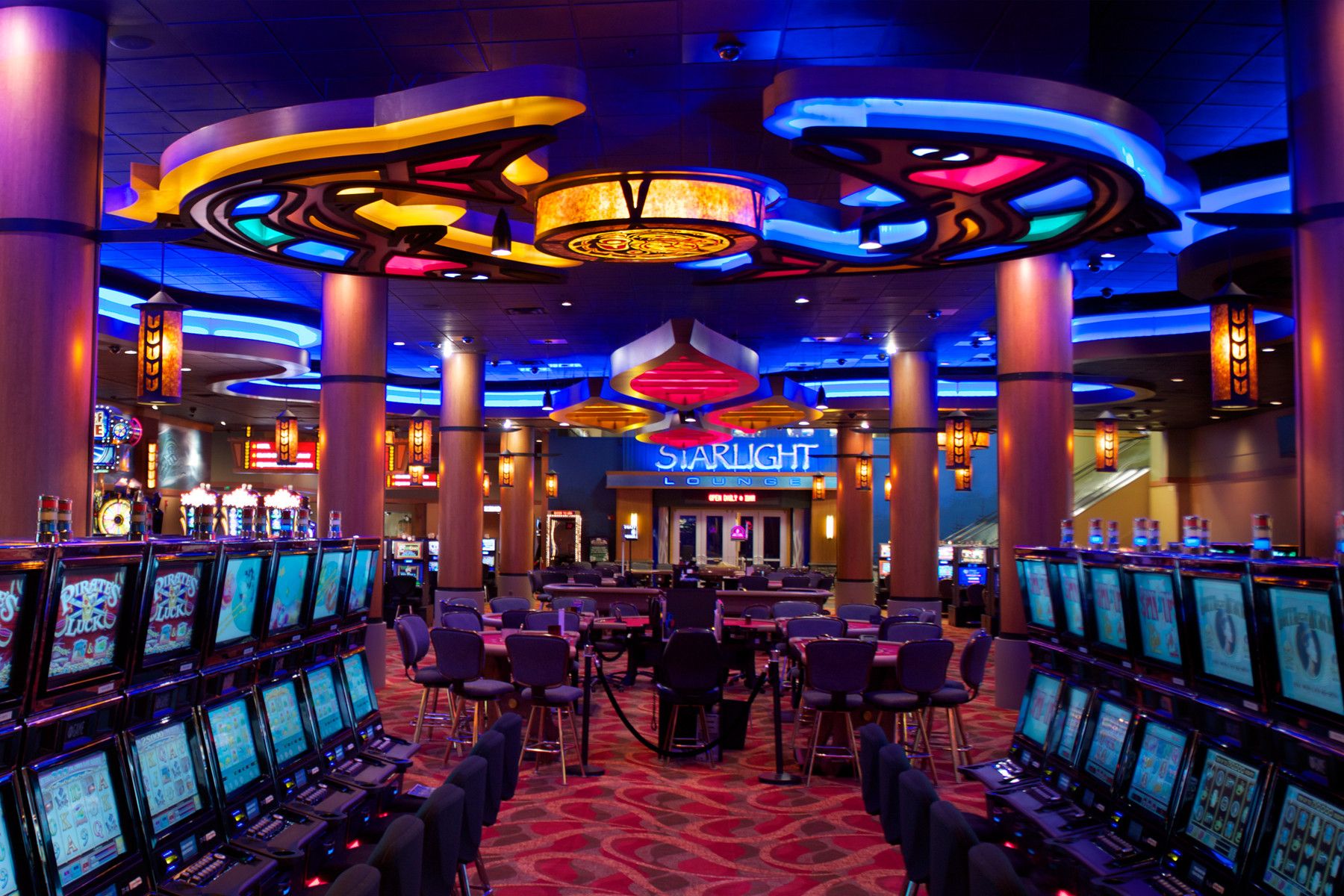Betting has been an integral part of human recreation for thousands of years, evolving through cultures and periods to become the dynamic casino activities we know today. From the ancient Chinese and Romans, who participated in multiple forms of betting and luck, to the advanced gaming floors of today’s casinos, the allure of gamble and winning has captivated individuals across the globe. The transition from simple dice games and rudimentary betting setups to the opulent settings of contemporary casinos reflects considerable strides in both social norms and technological advancements.
As societies evolved, so too did the complexity of gambling activities, with casino games emerging as a unique category of leisure and excitement. These games have changed from informal gatherings centered around wooden tables to grand, lavish establishments designed to entice players. Today, we explore this fascinating journey, examining how traditional practices laid the groundwork for the varied and exciting casino games that bring pleasure to millions worldwide.
spintax
Early Gambling Practices
Gambling has significant roots in human history, with evidence of activities of chance tracing back to ancient societies. Archaeologists have discovered that as far back as 3000 BC, the people of China were using primitive forms of betting with dice made from wood. Similarly, ancient Mesopotamians engaged in wagering activities, often relying on the tossing of lots or dice to determine results. These early forms of betting served not only as entertainment but also played crucial roles in social and cultural practices.
The Egyptians also took part in betting activities, with games that included betting on the results of various events, including sports and spiritual festivals. Artifacts such as dice and depictions of gamblers from ancient tombs demonstrate that betting was a common pastime. It provided both entertainment and a means of engaging in social connections, often linked to festive occasions or significant gatherings. This activity demonstrated the universal appeal of chance and rivalry throughout the ages.
In ancient Rome, wagering became a commonplace practice among the people, as shown in references in literature and the establishment of rules around certain activities. Romans enjoyed a variety of betting activities, from wagering on chariot races to playing games akin to modern-day board games. The legal system surrounding these activities began to take shape, establishing the foundations for betting regulations that would evolve in the centuries to come. The fame of betting during this period set the stage for the development of gambling house games in the future.
The Progression of Casino Games
Gambling games have experienced significant transformations from their origins to the contemporary entertainment selections. In early civilizations, gaming was often connected to ceremonial practices, with games of dice found in the ancient Mesopotamian region and wagering on the outcomes of events in classical Rome. These initial forms of gambling laid the basis for the formal games we see today. The transition from informal gambling to regulated games occurred as societies began forming rules and venues for wagering, reflecting cultural values and practices.
The Middle Ages saw the emergence of card games, which gained popularity among European nobility. Games like first and baccarat became essential components in social gatherings. The development of printing technology additionally enabled the spread of playing cards, making them more reachable to the masses. As gambling houses began to proliferate, these card games developed into different forms that catered to wider audiences, eventually leading to the establishment of casinos as exclusive venues for gaming.
The 20th century marked a pivotal point in the progression of casino games, with the growth of commercial casinos in Las Vegas and other betting centers. This era brought forth games like video slots and modern variations of table games, complete with sophisticated graphics and complex betting structures. OKE179 The introduction of online casinos in the tail end of the 1990s also revolutionized the gaming industry, allowing players to access a great variety of casino games from the safety of their homes. Today, gambling games continue to evolve, blending traditional elements with state-of-the-art technology to create immersive experiences for players globally.
Modern Gambling Laws
In recent years, the area of gambling regulations has developed substantially, particularly as tech advances and internet-based gambling have become ever prevalent. Governments around the globe have introduced numerous laws and standards to guarantee that gaming activities are performed fairly, responsibly, and openly. These laws often cover elements such as licensing, marketing, gambler safeguards, and sensible gambling measures. Authorities aim to minimize problems such as problem gambling and fraudulent activities while fostering a fair gambling environment.
The growth of internet gambling sites has necessitated a new approach to regulation. Many legal areas have established specific internet-based gambling structures that serve internet-based gaming, enabling operators to offer their services legally. These frameworks often require operators to secure licenses, follow strict security protocols, and provide customer support options to assist players. By vigilantly observing internet activities, regulators can better protect players from risks and make sure that gambling is carried out in a secure manner.
Moreover, contemporary gaming regulations are progressively focusing on sensible gaming initiatives. Many casinos and internet-based platforms now adopt features such as self-exclusion, deposit limits, and breaks to help players control their gambling habits. Awareness campaigns aimed at raising awareness about the risks of gambling are also widespread. As the sector continues to grow, the focus on responsible gaming continues to be a cornerstone of regulatory efforts, reflecting a dedication to encouraging a secure and pleasant gambling experience for all gamblers.
